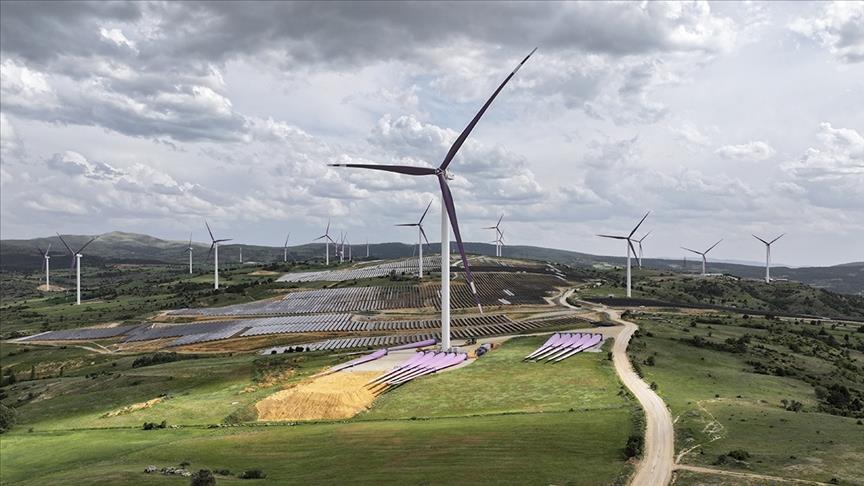Jobs in the renewable energy sector around the world experienced the biggest increase last year reaching 16.2 million, up by 18% from 2022, according to the International Renewable Energy Agency’s (IRENA) latest report on Tuesday.
The International Labour Organization (ILO) and IRENA's Renewable Energy and Jobs – Annual Review 2024 revealed that the 18% year-on-year leap reflects the strong growth of renewables generating capacities, together with a continued expansion of equipment manufacturing.
China leads with an estimated 7.4 million renewable energy jobs, or 46% of the global total.
"The EU followed suit with 1.8 million, Brazil with 1.56 million and the US and India, each with close to 1 million jobs," the report said.
"As in the past few years, the strongest impetus came from the rapidly growing solar photovoltaics (PV) sector, which supported 7.2 million jobs globally, IRENA said.
Of these, 4.6 million were in China, the dominant PV manufacturer and installer.
"Enabled by significant Chinese investments, Southeast Asia has emerged as an important export hub of solar PV, creating jobs in the region," the report stated.
Liquid biofuels had the second-largest number of jobs, followed by hydropower and wind.
IRENA said that Brazil topped the biofuels ranks, accounting for one third of the world's 2.8 million jobs in this sector.
Due to a slowdown in deployment, hydropower direct jobs is estimated to have shrunk from 2.5 million in 2022 to 2.3 million last year.
Jobs in the wind sector totaled 1.5 million globally. As leaders in turbine manufacturing and installations, China and Europe remain dominant in the field.
Despite the continent's potential Africa continues to receive only a small share of global renewables investments, which translated into a total of 324,000 renewables jobs in 2023.
- Renewables job creation rely on more investments
Francesco La Camera, IRENA Director-General, said that the story of the energy transition and its socio-economic gains should not be about one or two regions.
He added that if countries fulfil the collective pledge to triple renewable power capacity by 2030, the world must step up its game and support marginalized regions in addressing barriers impeding their transitions progress.
"Strengthened international collaboration can mobilize increased finance towards policy support and capacity building in countries that are yet to benefit from renewables job creation," La Camera explained.
By Gulsen Cagatay
Anadolu Agency
energy@aa.com.tr


